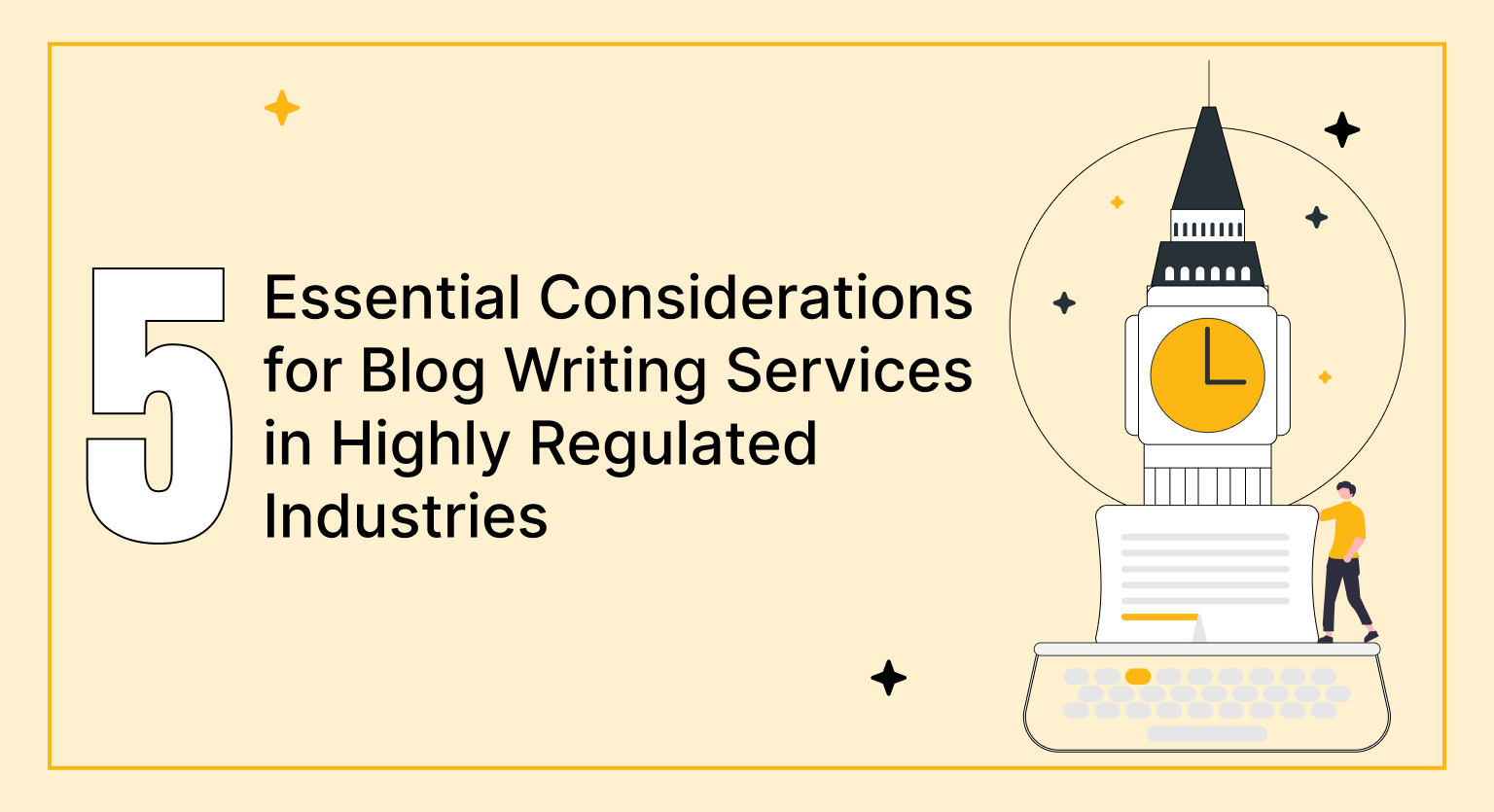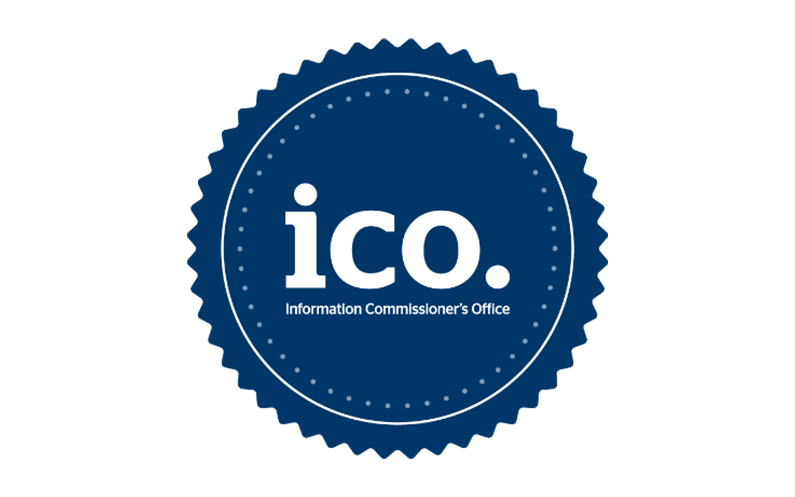When crafting content for businesses in highly regulated industries, it’s crucial to consider both regulatory compliance and cultural nuances. Featuring insights from founders and presidents, our five experts offer their best advice, from the importance of adhering to industry regulations to understanding GDPR implications.
Table of Contents
Toggle
Comply With Industry Regulations
As founder of a digital marketing agency, regulatory compliance and cultural sensitivity are top priorities when creating content for clients in highly regulated sectors. For example, when working with a financial services client, we carefully follow FCA guidelines on how products can be marketed to consumers. Claims about returns or performance must be backed by facts.

For healthcare clients, we thoroughly research MHRA rules before mentioning any medical products. Understanding cultural nuances is also key. References to religion, royalty, or politics must be made carefully. British English and U.K.-centric examples are a must. Using American terms could damage a brand’s credibility.
Data protection laws like GDPR govern how we handle personal information. For a telecoms client, we were cautious discussing their location-tracking tech, emphasizing how data would be anonymized and privacy protected. Regulations change often, so we stay up-to-date to keep clients compliant. By understanding the rules that govern their industries and respecting cultural conventions, we build trust and help them connect with customers.
Joe Amaral, Founder & COO, Anthem Software
Respect Diversity and Political Shifts
As every society learns the new norms of diversity and adjusts to evolving political viewpoints, it is essential that writing for a U.K. audience especially considers the nuances associated with the current shifts in the country on both fronts. Writers must consider all angles, whether it’s addressing issues, passively referencing political news or opinions, or designing every piece to speak to a diverse audience. Even more important is to steer clear of isolating a particular community or group, even in error, as this may cause a client to lose a potentially valuable audience.
Abraham Samuel, Co-founder, Boost My Domain
Adhere to Regulatory and Cultural Norms
When creating content for businesses in highly regulated industries in the U.K., one crucial consideration is ensuring compliance with specific industry regulations and advertising standards. In highly regulated sectors like healthcare, finance, and legal services, the content must adhere to strict guidelines set by regulatory bodies such as the Financial Conduct Authority (FCA) or the Advertising Standards Authority (ASA).
For example, when I worked on a project for a financial services client, we meticulously reviewed every piece of content to ensure it complied with FCA regulations regarding financial promotions, which required clear, fair, and not misleading information.
Another key consideration is cultural sensitivity and appropriateness. The UK has a diverse population with varying cultural backgrounds, and it’s essential to produce content that respects and acknowledges this diversity. During a campaign for a healthcare client, we faced the challenge of creating content that was not only medically accurate but also culturally inclusive.
We conducted thorough research and engaged with cultural consultants to ensure that the messaging was respectful and resonated with different demographic groups. This approach not only helped in avoiding potential cultural insensitivities but also enhanced the engagement and trust of the target audience.
By focusing on regulatory compliance and cultural sensitivity, blog writing services can create content that is both legally sound and culturally resonant, thereby effectively supporting businesses in highly regulated industries.
Brandon Leibowitz, Owner, SEO Optimizers
Understand GDPR Implications
Every blog-writing service, and even freelancers, should be aware of the General Data Protection Regulation (GDPR) that came into effect in 2018 and is accepted as the go-to set of rules that define how personal data can be collected, stored, and processed by organizations and individuals. With accountability as a key factor, the GDPR issues strict guidelines on data handling and protects individual data from being used irresponsibly or unfairly.
Bloggers must be aware of any data they use when sharing information to comply with the GDPR. Even when clients share information, a blogging service must continue to take responsibility for its content, even if it means demanding proof of legitimacy and consent, and contractual clearance. It is critical that the writing community, as the last line of defense, study in detail the many complexities of the GDPR and publish pieces accordingly.
Raymond Anto, Founder, Congruen
Prioritize Compliance and Cultural Awareness
When creating content for businesses in highly-regulated industries, U.K.-based blog writing services must prioritize compliance with industry-specific regulations and guidelines. For example, adhering to the GDPR for data protection and understanding sector-specific advertising restrictions are crucial. Additionally, they should be aware of cultural sensitivities and avoid content that could be perceived as misleading or non-compliant, ensuring their material upholds both legal and ethical standards.
Alan Noblitt, President, Seascape Capital, LLC


